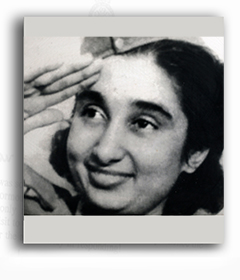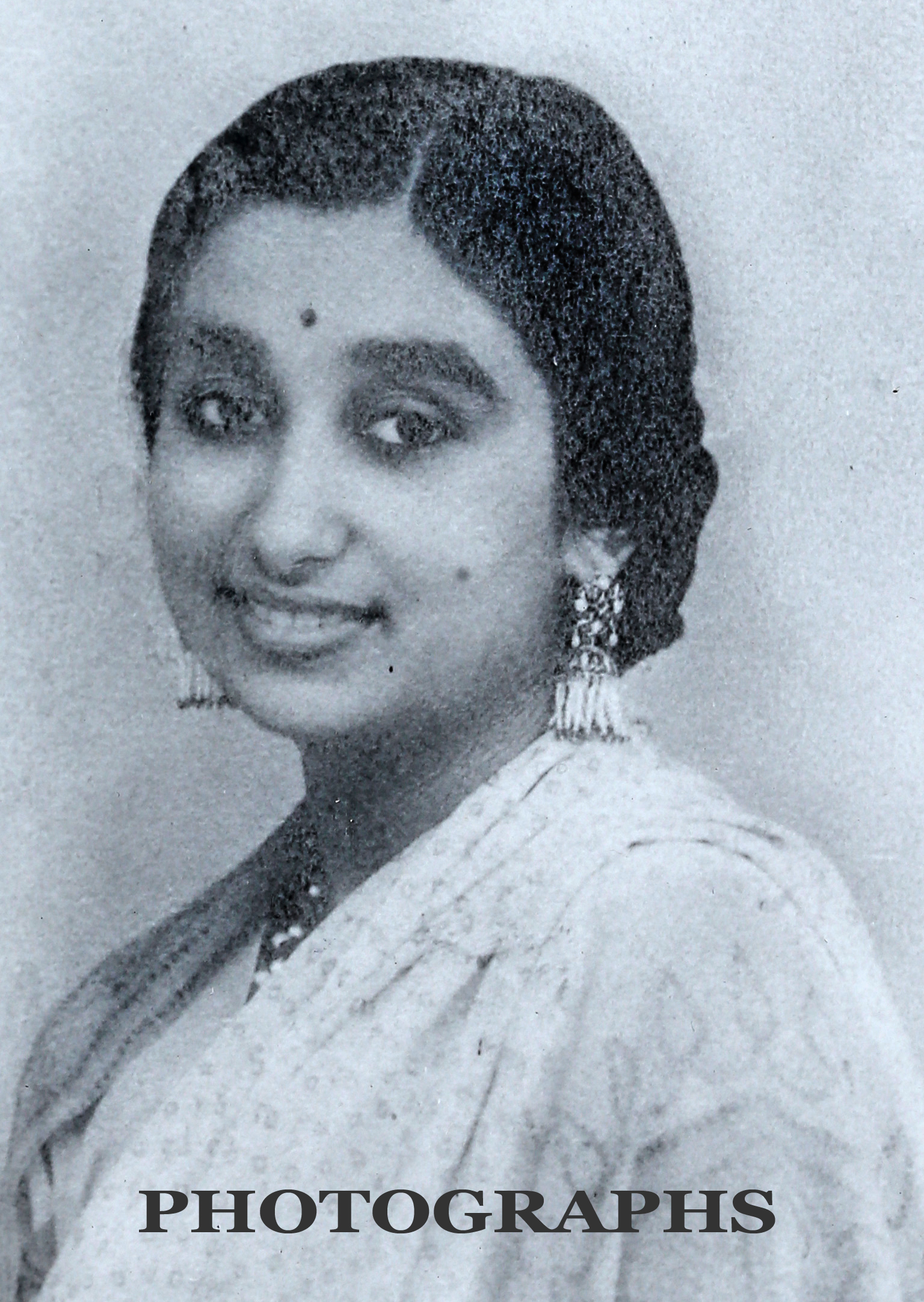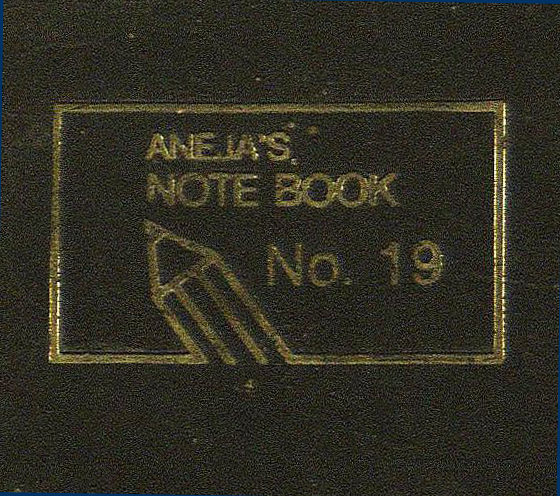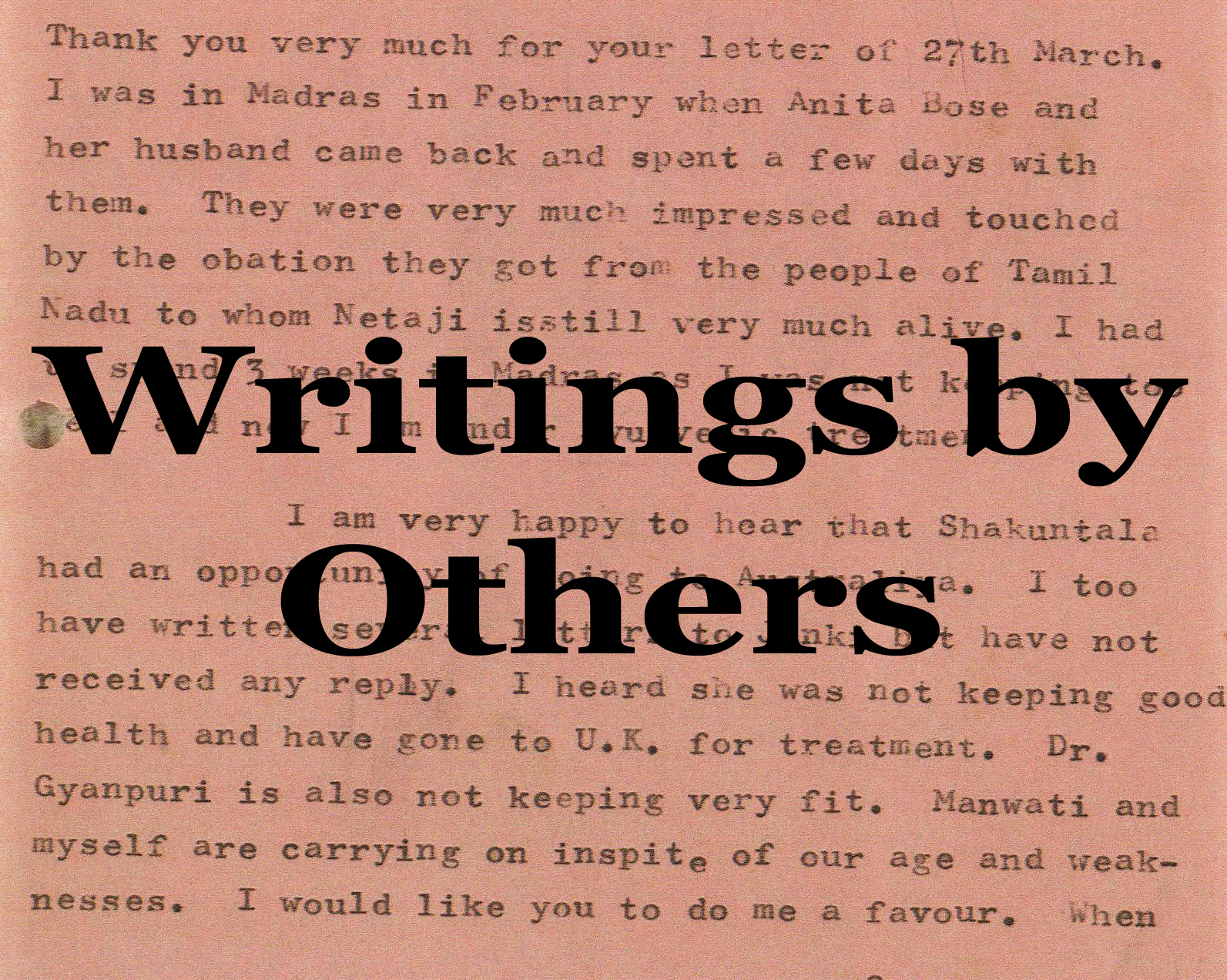Freedom fighter, social activist and the first woman commander of Indian National Army, Lakshmi Sahgal nee Swaminadhan was born on 24 October 1914 in Madras (now Chennai) to S. Swaminadhan, a criminal lawyer at Madras High Court, and Ammu Swaminadhan, a social worker and freedom fighter.
Inspired by the progressive views of her mother, Lakshmi broke social convention and dogmas from a very early stage speaking out against the caste practices in Kerala. She joined the Queen Mary’s College, Madras in 1932. She was married at a young age to P.K.N Rao, a pilot. However, the marriage was not a success and she returned to her hometown to resume her studies. She completed her MBBS in 1938 from Madras Medical College. She also obtained a diploma in gynaecology and obstetrics from the same college in 1940 and joined the Government Kasturba Gandhi Hospital, Madras.
Thereafter, she moved to Singapore and established a clinic for the poor and migrant workers from India. She also got closely associated with the India Independence League, founded in 1941 by Rash Behari Bose.
In 1942, during the Japanese occupation of Singapore Dr. Lakshmi provided medical aid to the prisoners of war. Subhas Chandra Bose visited Singapore in July 1943 and took over the leadership of the League along with the Indian National Army. Dr. Lakshmi was inspired and fascinated by the charismatic leadership of Bose and expressed her desire to work with him. When Subhas Chandra Bose formed the All Women Infantry Regiment of INA, named after Rani Lakshmi of Jhansi, Dr. Lakshmi joined the regiment with great enthusiasm. Dr. Lakshmi became Captain Lakshmi. She was appointed the commanding officer of Rani of Jhansi Regiment comprising 1200 women and later was the only woman minister in Netaji’s Council of Ministers of the Provisional Government of Azad Hind.
In 1944, the regiment fought the guerrilla war against the British at the Burma front. Captain Lakshmi was arrested by the British armed forces in July 1945 and detained in Rangoon for over one year. She was repatriated to India in March 1946. On her return to India, she actively associated herself with raising funds for the destitute families of INA who returned to India. She also visited Madras and Kerala where huge camps were set up for the INA refugees.
Captain Lakshmi married Colonel Prem Kumar Sahgal, an officer of INA in Lahore and moved to Kanpur in March 1947. Disheartened by the partition of India, she dedicated herself to the cause of refugees who came to Kanpur from Pakistan in large numbers.
During the Indo-Pak War of 1971, she joined the People’s Relief Committee of Bengal and organized relief camps and medical aid in West Bengal for millions of refugees who came to India from East Bengal (now Bangladesh). In the same year, Sahgal joined the Communist Party of India (Marxist) and represented the party in the Rajya Sabha. She remained an active member of the party till her death.
Sahgal was one of the founding members of the All India Democratic Women's Association in 1981 and led many of its campaigns. She worked towards restoring peace and harmony in Kanpur following the anti-Sikh riots of 1984. She also led a medical team to Bhopal after the gas tragedy in December 1984. A committed social activist, she participated in a campaign by AIDWA against the Miss World competition in Bangalore in 1996 and was also arrested.
She dedicated her life to the country and its people. She continued to look after patients in Kanpur till the age of 92. Sahgal was awarded the Padma Vibhushan in 1998 and bestowed with honorary doctorate by the University of Calicut in 2010. She contested as a joint candidate of the left for the presidential elections in 2002.
She penned her life experiences in A Revolutionary Life: Memoirs of a Political Activist (1997). It was translated into Hindi, Mera Jeevan Sangharsh.
Captain Lakshmi Sahgal passed away on 23 July 2012.
About the Collection: The papers of Captain Lakshmi Sahgal comprise valuable correspondence exchanged with her contemporaries, members of INA, freedom fighters and NGOs. The collection throws light on her contribution to All India Women's Democratic Association, All India INA Committee, Netaji Research Bureau, Netaji Subhas Trust, Mukherjee Commission, Freedom Fighters’ Association, and ex-INA pension related issues. There are some papers on the Communist Party, Trade Unions, Burma Freedom Fighters and India-Burma relationship, also papers of Col. Prem Kumar Sahgal (her husband) and his association with the Indian National Army. The collection contains insightful articles on Subhas Chandra Bose, INA, Rani of Jhansi Regiment and Mukherjee Commission of Inquiry. Apart from these, a special issue of Sunday Herald, photo albums/misc. photographs, papers on the interviews and documentaries made on Lakshmi Sahgal and press clippings also form part of the collection. (Catalogue available)







